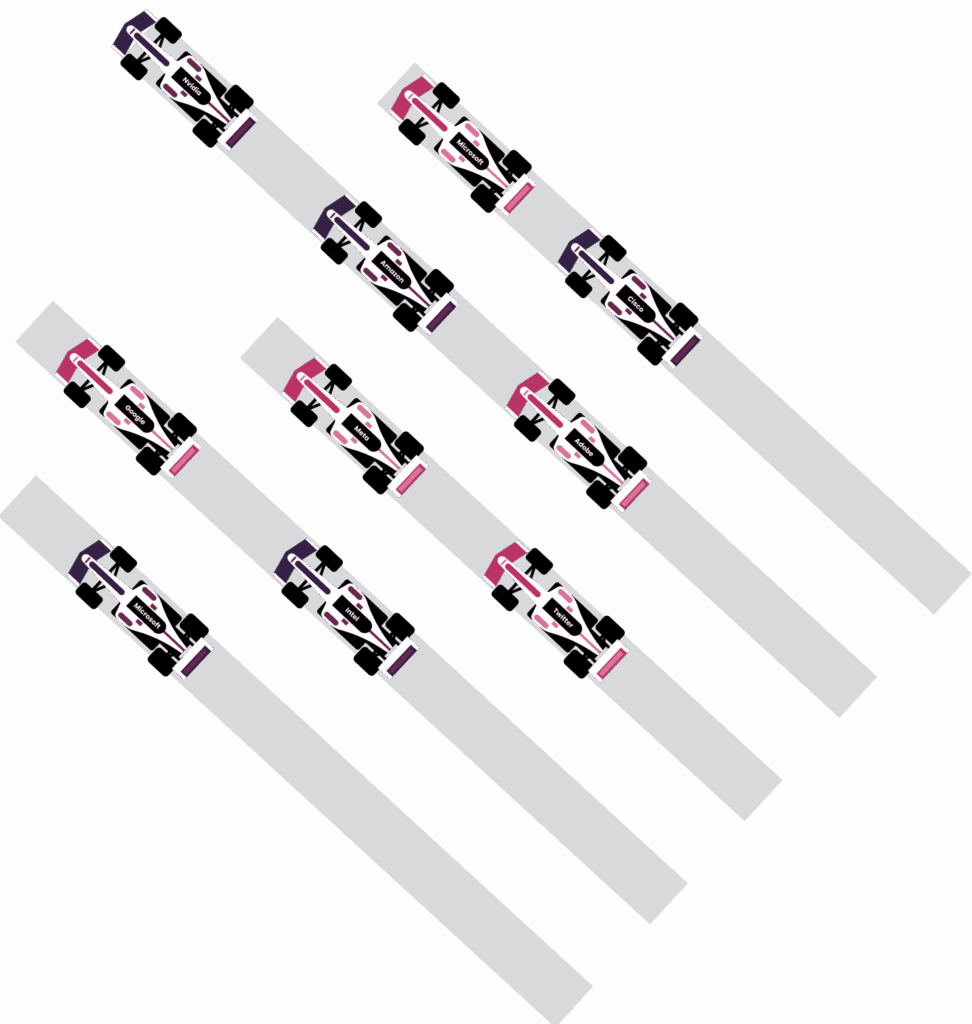
Auto Insurance Solution: Connected Cars X
Connected Cars X helps agents to set the smart coverage for aggressive drivers and help regular drivers to save on auto insurance. The solution consists of a Secure Telematics Hardware

When damaged vehicles pass through a light tunnel equipped with optical cameras, the hail damage scanner swiftly identifies dents on cars, creating detailed insurance reports. In need of an AI hail damage solution to streamline the process, the client turned to CHI Software. Our team then developed an AI component to efficiently analyze the scanned images.
Hail is one of the most unpleasant weather conditions, which causes considerable damage to cars. Detecting it takes time. Today, drivers report hail dents manually, leaving a large margin for human error. Since checking the reported dents manually is time-consuming, recovery price and time are not clear at the moment when the incident is reported.
Implementing automated hail damage software can streamline this process, providing faster and more accurate dent detection, reducing human error, and improving efficiency in damage assessment.
Our client was looking for a hail damage detection solution that eliminates the need for manual review, delivering the exact count of hail dents with an accuracy rate of 80 percent or higher, as well as decreasing processing time.
Here are the details of what the process of detecting hail damages should look like:
– A vehicle passes through a light tunnel equipped with optical cameras;
– High-resolution cameras and the software identify every dent and generate a report based on the damage level of the vehicle;
– The scanned data about the condition of the vehicle is compressed and accumulated in a safe cloud storage.
Hail, a notorious weather troublemaker, wreaks havoc on cars, creating a need for swift detection. Currently, drivers manually report hail dents, leading to potential errors. The manual review process is time-intensive, leaving ambiguities in recovery costs and time estimates post-incident. Automated hail dent counting can be an answer to these challenges.
With a hail dent detection system, our client aimed to eliminate manual reviews, ensuring precise hail dent counts with 80% accuracy or higher, while reducing processing time.
– Our client needed software to inspect the damage which cars suffer from hail to identify all types of vehicle damage and decrease processing time since checking dents manually is time-consuming. Hence, the recovery price and time were not clear at the moment of the incident report.
– Our client wanted to improve the vehicle scanning system that the industry uses for handling hail damage and make it faster and more accurate.
– The vehicle hail scanning system was supposed to automate the process of detecting detriment, acquiring real-time images, and identifying the scale of damage.
– Our client was looking for an effective solution within 0.5 months.
The solution provided by the CHI Software development team detects all hail damage on vehicles, including minor scratches. The detecting process takes approximately 1 minute in total.
Thanks to commercially reasonable resources used by the CHI team, the solution was developed on the shortest possible timeline, with the necessary quality, safety, and business standards integrated.
Here are the details of what the process of detecting hail damage looks like:
– A vehicle passes through a light tunnel equipped with optical cameras
– High-resolution cameras and the software identify every dent and generate a report based on the damage level of the vehicle
– The scanned data about the condition of the vehicle is compressed and accumulated in safe cloud storage